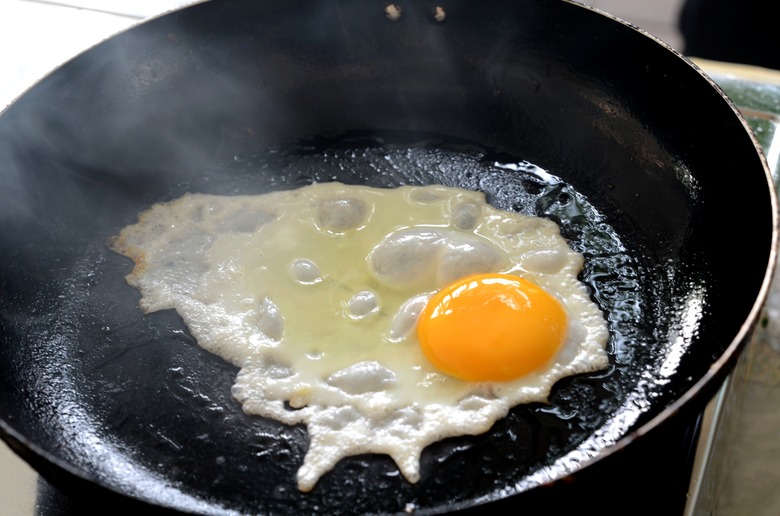The Effects Of Temperature On Enzyme Activity And Biology
Temperature plays an important role in biology as a way to regulate reactions. Enzyme activity increases as temperature increases, and in turn increases the rate of the reaction. This also means activity decreases at colder temperatures. All enzymes have a range of temperatures when they are active, but there are certain temperatures where they work optimally.
What is an Enzyme?
What is an Enzyme?
Enzymes are proteins that act as catalysts in a biochemical reaction to increase the rate of reaction without being used up in the reaction. Thousands of types of enzymes are at work in your body to carry out vital functions such as digestion and energy production. Biological and chemical reactions can happen very slowly and living organisms use enzymes to bump reaction rates up to a more favorable speed. Enzymes have multiple regions that can be activated by co-factors to turn them on and off. The co-factors are usually vitamins consumed through various food sources and open up the active site on the enzyme. Active sites are where reactions take place on an enzyme and can only act upon one substrate, which can be other proteins or sugars. A good way to think about this is a lock-and-key model. Only one key can open a lock correctly. Similarly, only one enzyme can attach to a substrate and make the reaction happen faster.
Types of Enzymes
Types of Enzymes
Your body contains around 3,000 unique enzymes, each speeding up the reaction for one specific protein product. Enzymes can make your brain cells work faster and help make energy to move your muscles. They also play a large role in the digestive system, including amylases that break down sugar, proteases that break down protein, and lipases that break down fat. All enzymes work on contact, so when one of these enzymes comes in contact with the right substrate, it starts to work immediately.
Temperature vs. Enzyme Reactivity
Temperature vs. Enzyme Reactivity
Collisions between all molecules increase as temperature increases. This is due to the increase in velocity and kinetic energy that follows temperature increases. With faster velocities, there will be less time between collisions. This results in more molecules reaching the activation energy, which increases the rate of the reactions. Since the molecules are also moving faster, collisions between enzymes and substrates also increase.
Optimum Temperature
Optimum Temperature
Each enzyme has a temperature that it works optimally in, which in humans is around 98.6 degrees Fahrenheit , 37 degrees Celsius – the normal body temperature for humans. However, some enzymes work really well at lower temperatures like 39 degree Fahrenheit, 4 degrees Celsius, and some work really well at higher temperatures. For instance, animals from the Arctic have enzymes adapted to have lower optimum temperatures while animals in desert climates have enzymes adapted to higher temperatures. While higher temperatures do increase the activity of enzymes and the rate of reactions, enzymes are still proteins, and as with all proteins, temperatures above 104 degrees Fahrenheit, 40 degrees Celsius, will start to break them down. So, the two ends of the activity range for an enzyme are determined by what temperature starts the activity and what temperature starts to break down the protein.
Cite This Article
MLA
Santhosh, Lakshmi. "The Effects Of Temperature On Enzyme Activity And Biology" sciencing.com, https://www.sciencing.com/effects-temperature-enzyme-activity-biology-6049/. 13 March 2018.
APA
Santhosh, Lakshmi. (2018, March 13). The Effects Of Temperature On Enzyme Activity And Biology. sciencing.com. Retrieved from https://www.sciencing.com/effects-temperature-enzyme-activity-biology-6049/
Chicago
Santhosh, Lakshmi. The Effects Of Temperature On Enzyme Activity And Biology last modified August 30, 2022. https://www.sciencing.com/effects-temperature-enzyme-activity-biology-6049/
